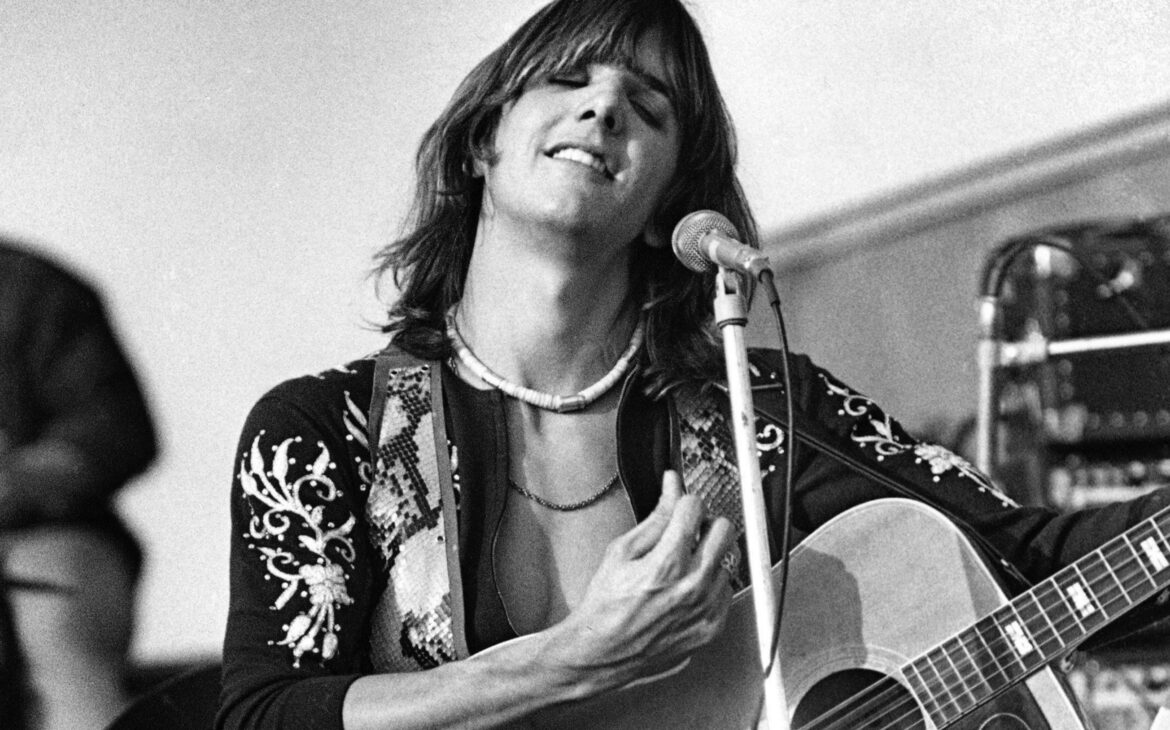Gram Parsons, the influential country-rock musician, met a tragic end on September 19, 1973, at the young age of 26. His death remains shrouded in scandal and controversy to this day.
Parsons had a history of drug and alcohol abuse, which ultimately contributed to his untimely demise. On the night of September 18, Parsons checked into the Joshua Tree Inn in California with his friend and road manager, Phil Kaufman. The two had been partying and indulging in drugs throughout the day.
Accounts of Parsons’ final hours vary, but it is widely believed that he consumed a lethal combination of morphine and alcohol, known as a “speedball.” Despite being warned about the dangers of mixing drugs and alcohol, Parsons continued to indulge in his vices, ultimately sealing his tragic fate.
The circumstances surrounding Parsons’ death took a scandalous turn when Kaufman, in a bizarre and controversial move, stole Parsons’ body from the Los Angeles International Airport. Kaufman, claiming that Parsons had expressed a desire to be cremated in Joshua Tree, transported Parsons’ body to the desert and set it on fire, in accordance with what he believed to be his friend’s wishes.
Kaufman’s actions sparked outrage and legal repercussions, leading to his arrest and subsequent release on bail. Despite facing charges of theft and tampering with a corpse, Kaufman was never convicted due to legal technicalities.
The scandal surrounding Gram Parsons’ death only added to his mystique and legacy as a troubled genius whose life was cut short by his demons. Though his career was relatively brief, Parsons’ influence on country and rock music is immeasurable, and his tragic end serves as a cautionary tale of the perils of fame and excess.




